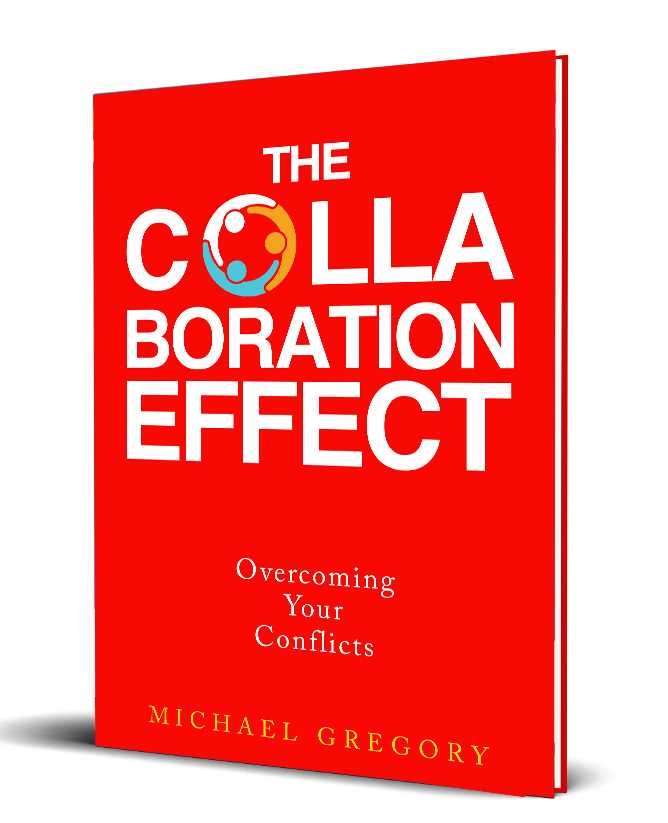
This is the first in a six part series looking at this topic. Today the focus is on expert witnesses in federal court sessions having various rules to follow regarding their expertise and reports. Given these rules how can an expert demonstrate leadership, help with dispute resolution, or conflict resolution working with the client or client’s representative to resolve the case with the other party and the other expert? Business valuers are taught to be advocates for their position and not for their client. They are to be independent. Only a small number of cases actually make it to court. The question is how does an expert witness such as a business valuer serve their client best with an out of court settlement? This last question will be addressed in a future monthly blogs.
Part 2 – The top issues of disagreement
Part 3 – Discount for Lack of Marketability Issues
Part 4 – Tax affecting S corps
Part 5 – Negotiating with the IRS
Part 6 – Thoughts on Revenue Ruling 59-60
Stay tuned.
Background on mediation and cognitive bias
In a previous article, mediation and the various forms of mediation that business valuers may encounter were introduced with an example. A recent commentary on bias In the Journal of Behavioral Finance was summarized in a previous blog. That article clearly indicated that business valuers are biased for their clients. Knowing this, the exceptional business valuers recognize this and take actions to demonstrate impartiality.
Ten steps were presented on how to overcome cognitive bias.
Business valuers are taught via their various professional standards in the USA (ASA, NACVA, AICPA) to be an advocate for their position and not for their client. However, given their cognitive bias, understanding the client’s interests, and possibly having been presented with the clients hope or expectations (the anchor), the business valuer is hard pressed to remain truly unbiased. What do courts try to do to have expert witnesses remain true impartial expert witnesses?
Some key federal court rules simplified and summarized
In federal court there are several rules that need to be followed for experts. Three noteworthy sections are summarized here. This is by no means exhaustive. Work with your attorney to incorporate the necessary requirements.
Rule 702 on expert testimony
A witness who is qualified as an expert by knowledge, skill, experience, training, or education may testify in the form of an opinion or otherwise if:
- (a) the expert’s scientific, technical, or other specialized knowledge will help the trier of fact to understand the evidence or to determine a fact in issue;
- (b) the testimony is based on sufficient facts or data;
- (c) the testimony is the product of reliable principles and methods; and
- (d) the expert has reliably applied the principles and methods to the facts of the case.
Rule 26 on witnesses who provide expert reports
Rule 26 Duty to Disclose; General Provisions Governing Discovery(2)B Witnesses Who Provide Expert Reports
- (i) a complete statement of all opinions the witness will express and the basis and reasons for them;
- (ii) the facts or data considered by the witness in forming them;
- (iii) any exhibits that will be used to summarize or support them;
- (iv) the witness's qualifications, including a list of all publications authored in the previous 10 years;
- (v) a list of all other cases in which, during the previous 4 years, the witness testified as an expert at trial or by deposition; and
- (vi) a statement of the compensation to be paid for the study and testimony in the case.
- Be in Compliance with Rules 702, 703 or 705 with a summary of the facts and opinions
Rule 143 on evidence
- The Expert’s Report is Direct Testimony
- When in U.S. Tax Court the Expert’s Brief Testimony is to Provide Credibility and to Briefly Summarize the Work Product.
- Leave a Positive Impression
- Generally, Direct and Indirect in U.S. Tax Court is Saved for Brief’s After the Trial
- Refresh the Judge’s Memory
- How Many Appraisals? How Many This Type? If There Are Errors in the Report Clarify Them on the Stand
What percentage of these cases ever make it to court?
A case has to make it through three hurdles before making it to court in the federal arena. The focus here is on U.S. Tax Court where 90% of tax issues are litigated. The three hurdles are examination, Appeals, and Counsel. On examination a very high percentage of cases are agreed. It is not possible to pull up the number of cases that are agreed or unagreed on business valuation issues, but this author[i] is of the opinion that likely somewhere around 80% of the cases are agreed on exam related to business valuation where an IRS valuer was involved. Appeals has historically settled approximately 85% of its cases. About 85% of the cases that ever make it to the stage of petitioning the tax court never make it to trial.[ii]
The implications of these statistics are that 0.5% (0.20 X 0.15 X 0.15 = 0.0045) of these cases audited by the IRS ever make it to court.
What happened to the rest? Somewhere along the way the parties made an agreement.
Is the business valuer even aware of their report being audited?
First, does the business valuer even know that their valuation is under investigation? Typically, most have no idea. Their client or their client’s representative typically reads the business valuers report, thinks of themselves as knowing as much as the business valuer and argues their perspective.
Unless the business valuer has a statement to be notified of an IRS audit of their report in their engagement letter, they typically are not informed by their client.
This can have negative consequences for the business valuer. The client is often oriented towards closure and does not necessarily care if the results may result in a penalty on the appraiser.
Penalty on the appraiser
If the value by the business appraiser is over 150% or less than 67% of the IRS proper value a 6695A penalty may result on the appraiser. That is an entirely different examination. On exam the facts should only be considered in determining fair market value. In reality both sides look to other issues for trading, and they look at what the courts have done on other cases. The result is often something the taxpayer and the IRS can live with for closure. A question is whether this is the “proper value” as determined by the facts or a value that parties can live with.
Code Section 6695 indicates that the proper value is what should be considered for a penalty.
That is what did the appraiser know and did the appraiser follow proper standards when making their determination.
More recently the IRS has become very aggressive relative to 6695A applications. The IRS has abandoned former due process and have even applied penalties on appraiser without IRS Engineers (valuers) working on these cases. Today an agent and the agent’s managers can make the decision whether a penalty is applicable. It would not be expected that the agent or manager have any training in valuation. This author was contacted by the Taxpayer Advocate Service (TAS) on this topic. TAS was appalled, but they also indicated that TAS can only investigate their top 10 issues. The question is whether this issue will make it into the top ten for follow up by TAS.
Stay tuned for part 2 focusing on the top issues of disagreement.
[i] Michael Gregory 28 years at the IRS with 11 years heading up business valuation in the IRS Engineering Program
About the author
Mike Gregory is a professional speaker, an author, and a mediator. You may contact Mike directly at mg@mikegreg.com and at (651) 633-5311. Mike has written 12 books (and co-authored two others) including his latest book, The Collaboration Effect: Overcoming Your Conflicts, and The Servant Manager, Business Valuations and the IRS, and Peaceful Resolutions that you may find helpful. [Michael Gregory, ASA, CVA, MBA, Qualified Mediator with the Minnesota Supreme Court]

